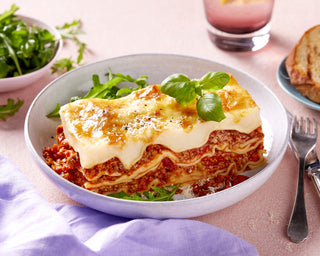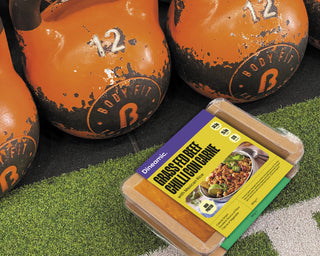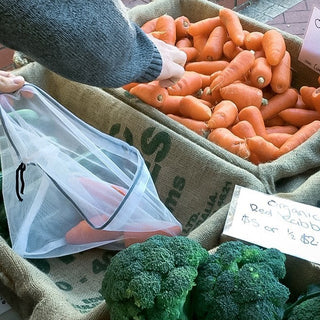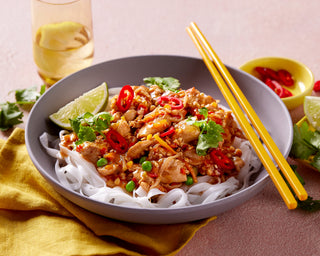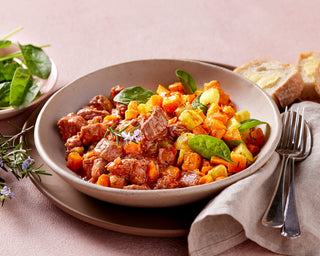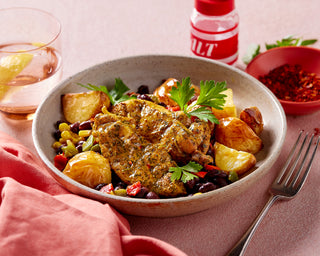Spotted in 2021 as an upcoming food trend, climatarians may be the next BIG thing. You may already be a climatarian without even knowing. Let’s find out with the following questions:
- Do you think about what you’re eating and try to lower your carbon footprint?
- Do you buy products that didn't travel the world to get to your plate?
- Do you have meat-free days, try to cut meat down, or cut it completely?
- Do you try to minimise food wastage, by only buying what you need?
- Do you think about the packaging your food may or may not come in?
If you think about these things before you sit down for dinner, then you can define yourself as a climatarian.
The Cambridge Dictionary defines a climatarian as “a person who chooses what to eat according to what is least harmful to the environment.” It’s a powerful concept, since it directly relates to climate change, one of the biggest challenges of our time.
Maybe today’s the first time you’ve heard this term, but it's been popping up in conversations since 2015, when it was first published by the New York Times in a ‘new words’ article, right next to the word hangry! (Which we can all relate to.)
So why could climatarianism become so popular?
It’s not an all-or-nothing approach. Rather than choosing between two extremes - vegan vs meat-eaters - people are focusing on food with the lowest carbon footprint and making small changes that collectively as a society could make a large difference. With people lowering meat intake rather than eliminating, and buying local fresh produce and animal products, they’re therefore decreasing food mileage. Meaning being a climatarian may be quite attainable, flexible and realistic for an individual’s lifestyle.
Maybe this change will occur without us having to put a label on everything. Just imagine the conversations you’ll have when you describe climatarianism to a waiter or at your next family gathering. It’s obvious we’re going to see changes in our diets and consumer behaviours in the coming years, as we become more conscious about what we eat and the effects it has on our planet, or like recent times our community. In 2020, “support local” echoed around Australia, with Covid-19 having devastating effects on our locals.
Is Dineamic a Climatarian?
If we answered ‘yes’ to some of the questions above, we would fit the mould of being a climatarian. We operate out of a carbon-neutral kitchen, and we source local Aussie produce wherever possible! Our meat products are locally sourced, free-range and grass-fed. We also have a large plant-based range, to cater to you - our customers - who are cutting meat back or completely out of their diets. We try to minimise food wastage by ordering ingredients in the exact quantities needed to cook and by donating our ready meals to organisations like FareShare when we have leftover stock. Last year, we made a huge change from plastic trays to Halopack, which saves 20 tonnes of plastic each year! So yeah, we care, and maybe we’ve been climatarians for longer than we realised, but by purchasing our food, so have you!
Looking for ways to eat local ingredients and cut down your meat intake?
Make your meatless days easier with our vegetarian options, or know that your meat is ethically sourced when you’re eating Dineamic.
Alicia McIntyre


